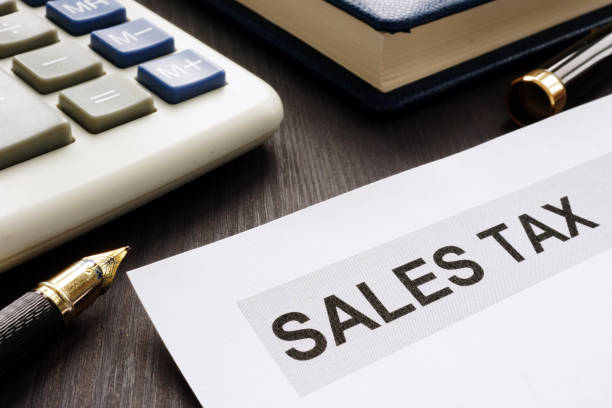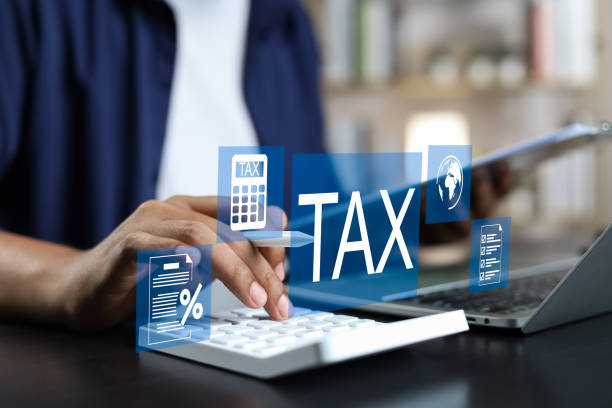Understanding the nuances between VAT and Sales Tax is crucial for businesses and consumers alike. While both are forms of indirect taxation, they operate differently and have distinct implications for transactions. This article will delve into these differences, providing clarity on how each tax works.
Differences Between VAT and Sales Tax

1. Definition and Basic Concept
Value-Added Tax (VAT)
VAT is a consumption tax levied on the value added to goods and services at each stage of production or distribution. It is applied incrementally based on the increase in value at each stage.
Sales Tax
Sales tax is a single-stage tax imposed at the point of sale on the end consumer. The tax is added to the price of the goods or services and is collected by the retailer.
2. Taxation Process
VAT
Multistage Taxation: VAT is collected at multiple points in the supply chain. Each business in the supply chain charges VAT on its sales and can reclaim the VAT paid on its purchases.
Input and Output Tax: Businesses charge VAT on their sales (output tax) and can reclaim VAT paid on their purchases (input tax), ensuring tax is only paid on the value added.
Sales Tax
Single-Stage Taxation: Sales tax is only charged at the final point of sale to the consumer. There is no reclaiming process for businesses.
End Consumer Burden: The entire tax burden falls on the end consumer, with businesses acting merely as tax collectors.
3. Tax Rates and Application
VAT
Variable Rates: Different rates may apply depending on the type of goods or services. Essential items may have reduced rates or be exempt.
Broad Base: VAT typically applies to a wide range of goods and services.
Sales Tax
Fixed Rates: A single rate is usually applied across all taxable goods and services, though some items may be exempt.
State-Specific Rates: In countries like the United States, sales tax rates can vary significantly by state and locality.
4. Compliance and Administration
VAT
Complex Reporting: Businesses must keep detailed records of all transactions to calculate input and output tax accurately.
Frequent Filing: VAT returns are typically filed monthly or quarterly, requiring ongoing compliance efforts.
Sales Tax
Simpler Administration: Retailers collect the tax at the point of sale, with fewer record-keeping requirements.
Periodic Filing: Sales tax returns are often filed quarterly or annually, depending on the jurisdiction.
VAT and Sales Tax Advantages and Disadvantages
VAT

Advantages:
- Prevents Tax Evasion: The multistage collection process makes it harder for businesses to evade taxes.
- Revenue Stability: VAT provides a stable revenue stream for governments.
Disadvantages:
- Administrative Burden: The complexity of VAT reporting can be challenging for small businesses.
- Regressive Nature: VAT can disproportionately affect lower-income consumers.
Sales Tax

Advantages:
- Simplicity: Easier for businesses to administer, with fewer compliance requirements.
- Transparency: Consumers see the tax directly at the point of sale.
Disadvantages:
- Tax Evasion Risk: Single-stage taxation can lead to higher rates of tax evasion.
- Revenue Fluctuations: Sales tax revenue can be less stable, influenced by economic conditions.
Conclusion
While VAT and Sales Tax serve similar purposes as consumption taxes, their structures and implications differ significantly. VAT’s multistage process can provide more stable revenue and reduce tax evasion, but it comes with higher administrative costs. In contrast, Sales Tax is simpler to administer but may lead to higher evasion rates and less stable revenue streams. Understanding these differences is essential for businesses operating in different jurisdictions and for policymakers designing tax systems.
Call to Action
Understanding the intricacies of VAT and Sales Tax can be challenging. Ensure your business stays compliant and optimized for success with professional guidance. For expert VAT consultancy services in Dubai, visit AKM Accounting. Let our team of experienced VAT consultants help you navigate the complexities of tax regulations, ensuring you stay ahead in the competitive market. Contact us today to schedule a consultation!

